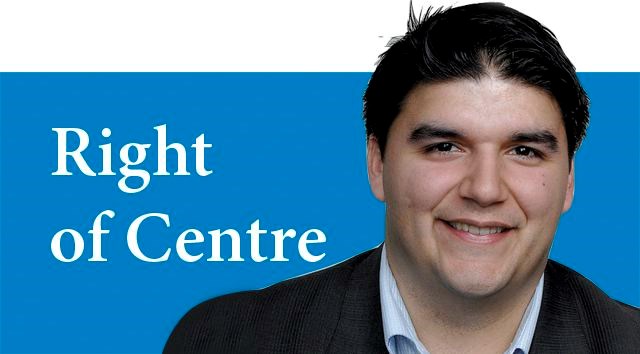Given the historic times we live in regarding both the most recent presidential election and now the beginnings of recount politics, it is right and just to explain why the electoral college is a critical part of the American republic.
When the electoral college was first conceived in the 18th century, we must understand that none of the current trends regarding voting - proportional representation, runoff balloting, single transferable vote, etc. - were yet conceived as ideas.
And it ought to be noted that over 200 years later, these latest trends have not been adopted in most of the English speaking world and, where they have been adopted in the West, many culturally specific caveats explain why.
The founding fathers of the United States wanted to counterbalance both the volatility of mass democracy (rule by the mob) and the possibility of tyranny from centralized authority (which they had just rebelled against). As the constitution was being debated and ratified, several suggestions were made regarding how the chief executive of the new republic was to be chosen. Many favored a simple vote by state legislatures, others favoured direct election by citizens.
What was chosen in the end was a blended system we now know as the electoral college, where each state was given a number of votes equal to its congressmen and senators; after popular votes were held, the electors would cast their state's ballots for the candidate that had received the majority of votes in their state. The two obvious exceptions to this general schema are Nebraska and Maine, but you can look up those details yourself in several places online.
To date, there has been one outright tie in a presidential election that resulted in the House of Representatives electing the president, and now five contests where the winner of the presidency has not won a majority of the votes casts by the citizenry. This latter situation has become the intolerable thorn in the side of many, particularly left-leaning activists and intellectuals; but to stick to the present controversy, we will focus on the caterwauling about Trump's triumph.
It is clear now that Hillary Clinton has won the popular vote but lost the electoral college. Yet while two million votes might sound like a lot in a country of 30 million like ours it is really less than two per cent of the total ballots cast and counted thus far.
More importantly, the fact that Clinton won by ballot but lost by points faces the modern reader with an unavoidable philosophical question which is "does it matter where your votes come from?"
Anyone of good conscience would say yes.
Clinton may have the majority of votes, but she gained them from a minority of states, the exact issue that the founding fathers wished to counter when they designed the electoral college system. If one looks at the map as it stands now before recounts ensue, Clinton's support is not broad but narrow geographically speaking; she could not break into the bread baskets, manufacturing, or natural resource centres of her own country, which leaves a lot to answer for.
This notion seems foreign to our statistic soaked minds, but here in Canada, we would do well to put a check on metropolitan centres, given that ruling Canada with Toronto, Montreal, Vancouver and other cities is fast becoming a very real possibility. But thanks to the far seeing eyes of America's founders, one cannot simply win the presidency with the Eastern Seaboard, Southern California, and Chicago - a city long crippled by the Democratic Party's calumny.
In the end, it turns out Trump and his band of deplorables are wider spread than Clinton and her media thought, leaving her "popular" but unelectable. I doubt the recounts will change any of the results, and that's a good thing - after all, no one would want two constitutional crises regarding the presidency to come out of the same family, would they?



